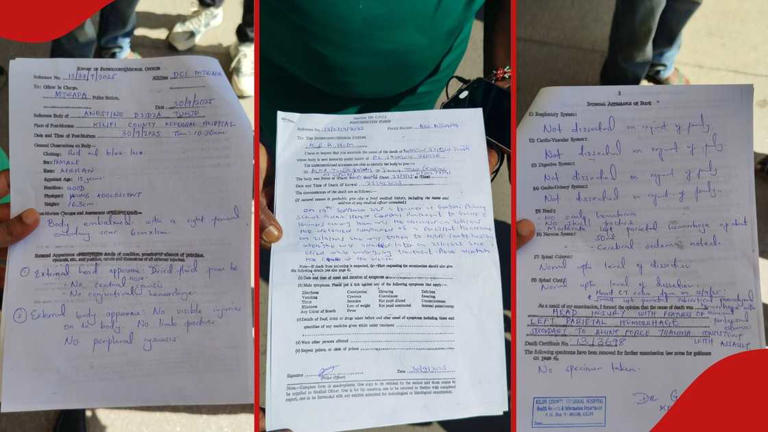The Kenya teacher arrested after pupil dies headline is sparking outrage across social media after a 15-year-old Grade 8 student, Anestine Dzidza Tunje, died following allegations of corporal punishment at Gongoni Primary School in Kilifi County. A postmortem declared internal bleeding from blunt force trauma as the cause of death. Authorities have moved swiftly, and the teacher believed to be responsible is now in custody.

On September 19, 2025, the teacher allegedly disciplined a group of students, including Anestine. The next day, she reported a headache, and by September 21 she was admitted to Kilifi County Hospital. Despite treatment, she passed away on September 25.
The autopsy, conducted on September 30, confirmed blunt force trauma consistent with assault, and a CT scan had earlier shown a hemorrhage in her brain’s left parietal lobe. Nation Africa

Anestine’s family took their grievances to Kijipwa Police Station, demanding immediate action against the teacher even before her passing. The Directorate of Criminal Investigations (DCI) has opened an inquiry, and human rights groups like Vocal Africa are demanding accountability and a ban on corporal punishment.
This tragedy is not isolated. Many Kenyan students and parents have long decried corporal punishment as excessive, abusive, and harmful. Human Rights Watch documented widespread use of caning, slapping, and whipping across schools—even when laws limit such practices.
Although Kenyan law permits limited corporal punishment (with strict conditions), enforcement is weak. Teachers often punish children without inquiry, records, or witnesses—placing students at risk.
In Anestine’s case, the severity of the injuries and timing underscore how ordinary disciplinary actions can become lethal when misused. The arrest of the teacher (reportedly Ian Tembo) is seen as a necessary but overdue step.